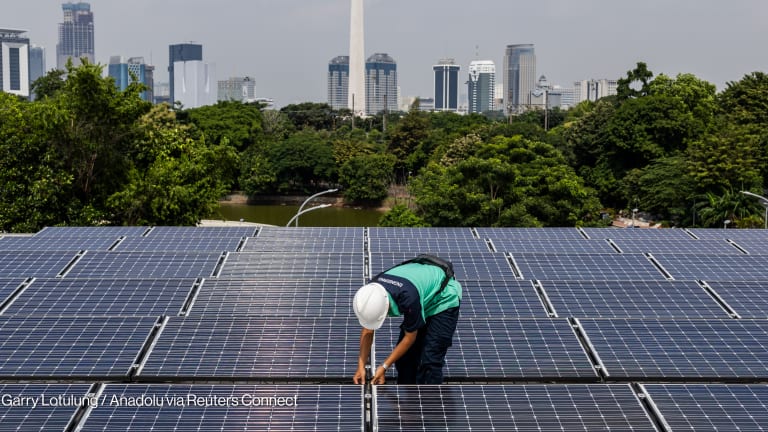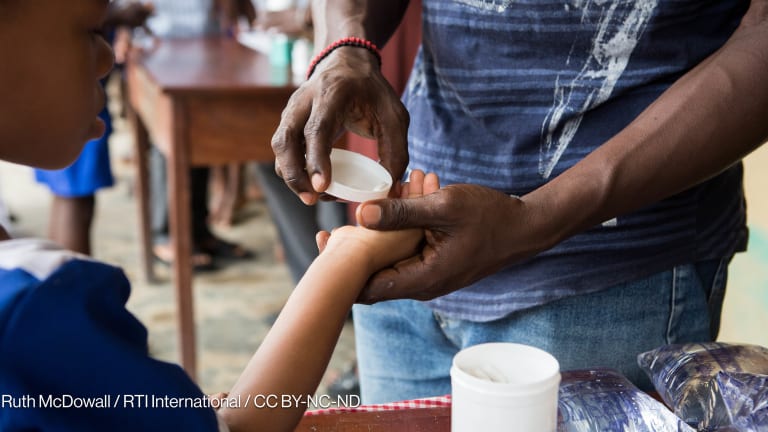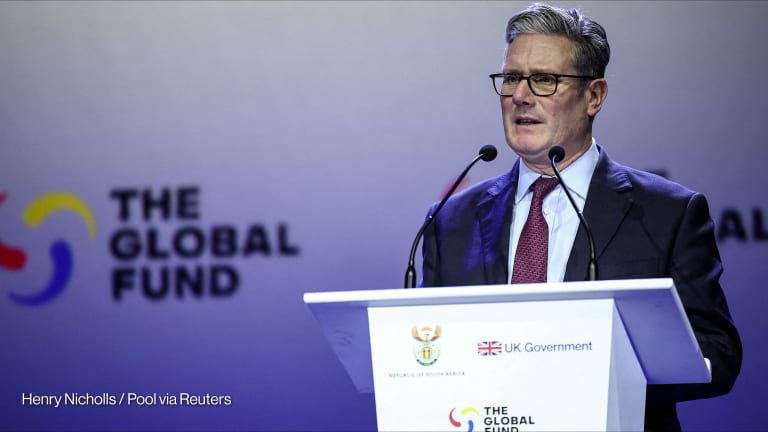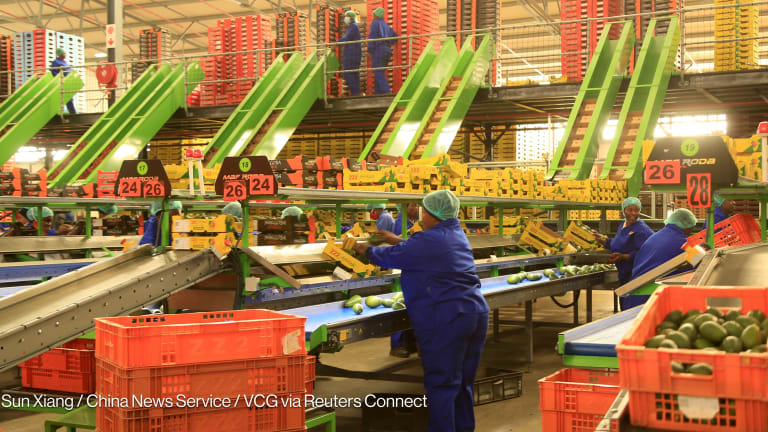
Japan can offer African countries not only aid but advice on development based on lessons learned from its own past, Japanese Prime Minister Shinzo Abe said ahead of a high-level conference at which Japan is expected to pledge at least $10 billion in fresh assistance for the continent until 2018.
“Growth is not simply fueled by natural resources. It is spurred and sustained by people — through skills, education, training, innovation and social cohesion,” Abe wrote in an opinion piece for The Wall Street Journal on Friday.
The Japanese leader explained in the article that Japan lacks natural resources, but that didn’t stop the country’s modernization, even after the devastation of World War II. Africa, he added, can learn from this experience by developing its human resources, and not only through education and training but also “fostering democracy and recognizing the importance of human dignity and development at an individual level.”
Abe’s vision was published ahead of the the 5th Tokyo International Conference on African Development to be held on June 1-3 in Yokohama and where Japan is expected to pledge at least $10 billion in aid for the continent over the next five years, and the total could reach up to 3 trillion yen (about $29.7 billion) including planned investments by the Japanese private sector, the Nikkei newspaper reported on Friday.
JICA’s new approach to Africa
TICAD is jointly organised by Japan, the African Union, United Nations, the U.N. Development Program and the World Bank to bring together development partners, donor countries, private companies and NGOs to discuss the continent’s development.
Participants will debate for instance how conflict-affected states like Sudan and South Sudan can benefit from Japan’s three pillars of cooperation in Africa: peace and stability, economic development, and social development, a top official from the Japan International Cooperation Agency told Devex.
The forum in Yokohama aspires to do away with the traditional “top-down” donor-recipient model to push for African “ownership” and international “partnership.” Moving away from its traditional policy of only engaging with stable countries, JICA is now actively pursuing projects to deliver aid to hotspots outside Asia, even in fragile states like the Democratic Republic of Congo.
JICA President Akihiko Tanaka recently concluded an official visit to several countries in Sub-Saharan Africa, among them South Africa, which the agency will continue to assist despite the United Kingdom’s decision to pull out by 2015. Tanaka also met during the week-long trip with officials from Djibouti, Ethiopia, Sudan and South Sudan.
Japan is the 8th top donor to Africa with $1.07 billion, according to the OECD.
Read more development aid news online, and subscribe to The Development Newswire to receive top international development headlines from the world’s leading donors, news sources and opinion leaders — emailed to you FREE every business day.








